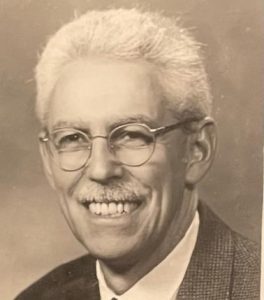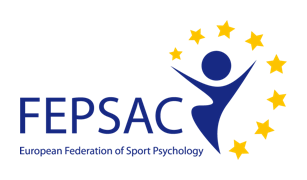- office@fepsac.com
- Grasmarkt 105/39 (c/o EFPA) Agora Galerij B-1000 Brussels
Turvey’s legacy will keep moving forward

Michael T. Turvey passed away on August 12, 2023
Michael Thomas Turvey lines among the world’s most skillful scientists in the field of psychology. He is broadly known for his pioneering work in the ecological approach to action-perception-cognition (at the scale of organisms and their environments). One of the major contemporary perspectives on movement and its perceptual regulation owes much to Turvey’s synthesis of the works of the Russian movement physiologist Nikolai Bernstein and the American psychologist James Gibson.
Born in England, Turvey graduated from Loughborough College (now Loughborough University) in physical education (1963) and went on to Ohio State University, where he earned an MA in kinesiology (1964) and a Ph.D. in experimental and physiological psychology (1967). He went from “Physical Education to Physical Intelligence” (Turvey, 2012). As a triple jumper, he obtained a mark for the 1964 Tokyo Olympics. In his own words: “sport got in the way of many things I did, and at the same time made me who I am. Soccer I played a lot of. But track and field became the thing that I did most. And at Clapham College I was becoming one of the leading track and field athletes. And that would be what determined the route that I took. And in fact some of my primary interests, like how can people do skilled behaviors, how can they do sport. I then went, not to a school where I would study math and physics primarily, but a school where I would study physical education.” (“Michael Turvey Oral History transcript”, retrieved from https://haskinslabs.org).
Turvey demonstrated the crucial role of situated action (not its consequences as behaviourists argue, nor the mental representation of action as cognitivists assume) in understanding agency, in explaining why we do what we do, why we behave the way we do. Following this perspective, one of his phrases that most inspired me and helped in developing the ecological dynamics theoretical approach that has guided our study of sport behavior was: “to see the distance-to-contact is to see the work required, to see the time-to-contact is to see the impulse forces required, to see the direction to-contact is to see the torques required” (Turvey & Shaw, 1995, p.158). It took me a PhD to fully understand this sentence (see Araújo et al., 2006).
In early 2007, when I first met him, he was kind enough to accept the invitation to write the paper “Information, affordances, and the control of action in sport” (with Brett Fajen and Michael Riley, 2009, Vol. 40, pp. 79-107) for the special issue “Ecological approaches to cognition in sport and exercise” of the International Journal of Sport Psychology. He is a highly cited author, and this was his most cited paper about sport psychology. For the Preface of this special issue, I asked how did he
operationalize the theory of affordances: “I adopted Gibson’s perspective in 1965, as a Ph.D student in experimental and physiological psychology after reading Gibson’s chapter ‘Perception as a function of stimulation´ in the Koch volumes. My central concern was: How could people and animals move so successfully in environments cluttered with stationary and moving objects and how could they reproduce skilled acts so reliably, if visual perception, at bottom, was (a) questionable as standard theories suggested, and (b) logically separate from, and indirectly related to, movements as standard theories presumed? It took me almost 10 years to understand how one did Gibson’s ecological perspective on perception-action experimentally. I met Gibson and Shaw in the early 1970s about the time I had begun the enterprise of developing a law-based approach to action compatible with direct (law based) perception. I visited Gibson at Cornell and he visited me (and Shaw and Mace) at Connecticut. He posed many questions and offered many suggestions about the perception-action enterprise and provided much encouragement.” (see Araújo, 2009, p.2).
He was also distinctive in welcoming visitors: when visiting him at the University of Connecticut, we were welcomed to Claudia and Mike’s basement pub, Sweet William’s. He was a gentleman, an exceptional communicator and an inspiration.
RIP Mike, we will miss you deeply.
Duarte Araújo
September 2023
